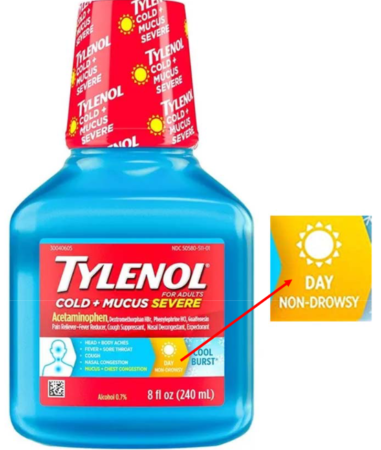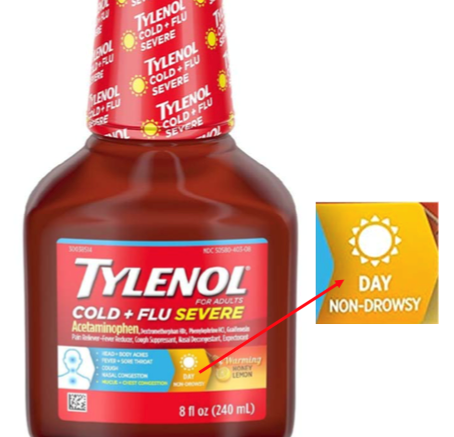A lawsuit has been filed again Johnson & Johnson accusing the giant pharmaceutical company of falsely claiming that some of its Tylenol cold and cough medicine is “non-drowsy.”
In a Jan. 20 federal suit the plaintiffs claim that the company is deceiving customers.
The claims are displayed on the products’ boxes and on on the products themselves.

“In truth, products containing DXM (dextromethorphan) —like the Non-Drowsy Tylenol Products—do cause drowsiness, and drowsiness is a documented side effect of DXM,” the suit says.
“For this reason, the Federal Aviation Administration prohibits pilots from flying after ingesting medicines that contain “dextromethorphan.”
Other companies selling similar products do not make these false claims.
“Unlike Defendant, some other drug makers do not falsely claim that DXM-products are non-drowsy. For example, DXM is an active ingredient in Mucinex DM, sold by Reckitt. But the Mucinex label does not claim that Mucinex DM is non-drowsy, because this is not the truth.”

“Or, if Defendant wanted to say something to indicate that a Non-Drowsy Tylenol Product might cause less drowsiness than another product, they could have made a truthful statement to this effect, as other drug makers do.
“For example, Dramamine contains an active ingredient that causes drowsiness, Dimenhydrinate. Dramamine also sells a “less drowsy” version that contains a different active ingredient, Meclizine, which causes less drowsiness. The front label of Dramamine Less Drowsy prominently displays that it is “less drowsy.”



